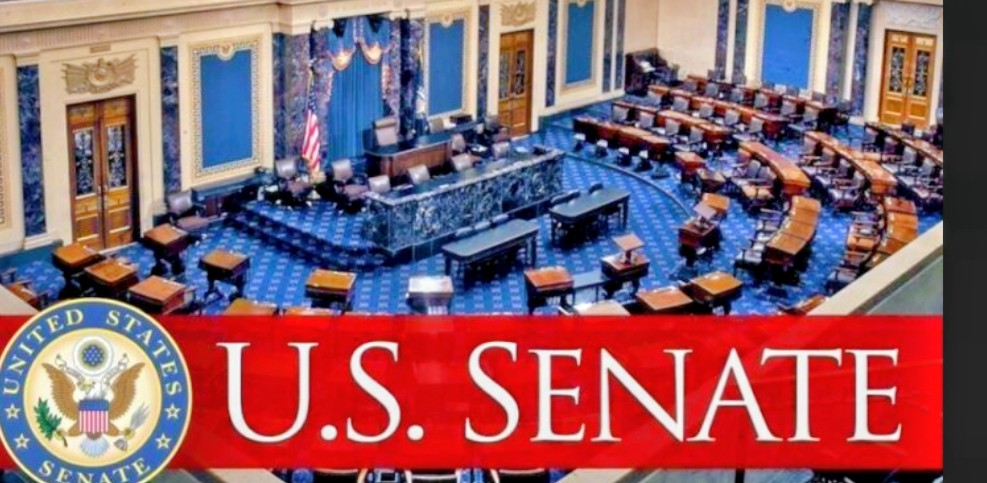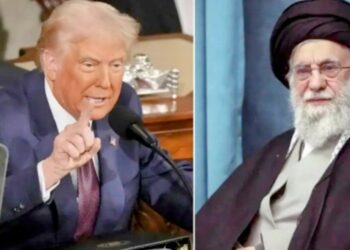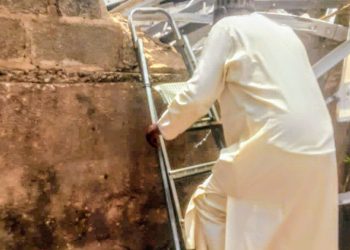US Senate Advances Legislation Targeting Nigeria’s Political and Judicial Officials Amid Religious Persecution Concerns
The United States Senate is advancing a significant piece of legislation aimed at addressing serious allegations of religious persecution in Nigeria. The “Nigeria Religious Freedom Accountability Act of 2025,” sponsored by Senator Ted Cruz, is currently under discussion in Congress and has moved past its second reading in the Senate.
The bill, which has garnered support from Republican members of the House Committee on Foreign Affairs, proposes stringent sanctions against Nigerian political officeholders, judges, and security officials implicated in enabling or perpetuating religious persecution.
The legislation follows House Resolution 594 and comes in response to disturbing reports regarding the treatment of Christians and other religious minorities in Nigeria.
Key points from international watchdogs, including the Open Doors World Watch List 2025, underscore the urgency of the situation. Reports indicate that Nigeria accounts for a staggering 82 percent of the 4,998 Christians killed globally in 2023, with at least 52,000 Christians and over 34,000 moderate Muslims reportedly killed in the country between 2009 and 2023. Additionally, about five million Nigerians have been displaced due to faith-based violence.
Senator Cruz has characterized the situation as “endemic” religious persecution driven largely by Islamist jihadism and institutionalized Sharia law in various regions of Nigeria.
5He expressed optimism that Congress would expedite the legislative process to address these serious issues.
A focal point of the bill is its directive for the US Secretary of State to officially designate Nigeria as a “Country of Particular Concern” (CPC) under US international religious freedom laws. Should the bill be enacted, this designation would trigger mandatory sanctions affecting US military cooperation, economic assistance, and arms sales to Nigeria, along with public monitoring of identified officials connected to religious violence.
The legislation specifically targets 12 northern Nigerian states implementing Sharia law, where blasphemy laws are seen to violate global religious freedom standards.
The affected states include Bauchi, Borno, Gombe, Jigawa, Kaduna, Kano, Katsina, Kebbi, Niger, Sokoto, Zamfara, and Yobe. Under the proposed law, Nigeria would be compelled to amend or abolish such laws, prosecute individuals involved in faith-based violence, and dismantle extremist networks to avoid indefinite inclusion on the CPC blacklist.
The bill outlines unprecedented penalties, including potential visa bans, asset freezes, and other restrictions on state governors, judges presiding over blasphemy trials, and law enforcement officials complicit in enforcing controversial religious laws.
The advancement of this bill follows troubling testimonies from Nigerian religious leaders and activists who presented harrowing accounts of violence in regions such as Plateau and Benue. They described communities living under constant threat, with farms destroyed and residents subjected to violent attacks by armed groups.
In response to the impending legislation, the Chinese government, a key ally of Nigeria, has expressed objections. A spokesperson for the Chinese Foreign Ministry stated the importance of Nigeria as a strategic partner, reflecting diplomatic tensions around this issue.
As this legislation continues to progress through the US Congress, its implications for Nigeria’s political and judicial landscape, as well as its international relations, remain to be seen.

















